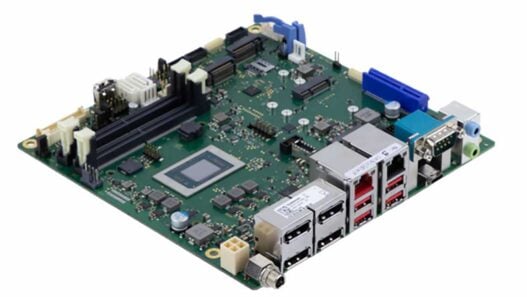While the global MCU market experiences growth, with projections to hit $32 billion by 2028, primarily propelled by the automotive sector, the landscape is rapidly evolving.
Market projections: a cautious outlook for 2023
The year 2022 concluded on an upbeat note for the MCU market, yet 2023 is forecasted to present a mixed picture. An anticipated dip in the first half is likely to be offset by a recovery phase in the latter half. Despite this rebound, a marginal overall downturn is expected. Factors such as ongoing inflation, geopolitical tensions, and the aftereffects of the COVID-19 pandemic continue to exert influence on the replacement cycles within the market. Yole Intelligence, however, notes a lessening likelihood of a recession.
Shipments and trends: a balancing act
Global MCU shipments are poised to gain from a robust second half in 2023, but not sufficiently to counterbalance the sluggish start to the year, with a forecasted decrease to 26.5 billion units. The period from 2022 to 2028 introduces a layer of unpredictability owing to global geopolitical dynamics, yet the underlying demand for MCUs, spurred by automation and connectivity, is expected to surge, reaching over 36.7 billion units by 2028.
Insights from Yole Intelligence’s latest report
The recently released ‘Status of the Microcontroller Industry 2023’ report by Yole Intelligence, a Yole Group member, provides an expansive analysis of the MCU market. This includes an examination of market tendencies, the ecosystem, key players, as well as forward-looking technical insights and challenges. Unlike its Microcontroller Market Monitor, which tracks quarterly changes, this annual report focuses on long-term forecasts and discusses pivotal technology trends and market drivers.
Pricing trends and market segments: the 32-bit surge
The Average Selling Price (ASP) is predicted to witness a minor increase in 2023, maintaining a peak level throughout the year. The shift to costlier MCUs, a byproduct of supply chain upheavals, is likely to become entrenched. A notable decline in the market share for 4/8/16-bit MCUs is being superseded by the 32-bit category, buoyed by RISC-V architecture and the quest for advanced features. By 2028, it is anticipated that the 4/8/16-bit segment will constitute less than a third of the market revenue.
Sector analysis: automotive leads while consumer electronics lag
In the breakdown of the top five MCU market segments for 2023, automotive is projected to claim close to 39% of market revenue. The industrial and other category remains steady at 24%. Smartcard/secure MCUs are predicted to capture 14% market share, driven by intensified embedded security measures. Conversely, the consumer segment is expected to recede to just over 11%, and personal data processing will hover around 5%, hindered by subdued equipment replacement rates.
Competitive landscape: the rise of Chinese influence
The competitive terrain is characterised by a stable core but a rising tide of smaller suppliers, particularly from Asia. Notably, major Chinese Original Equipment Manufacturers (OEMs) have ventured into the semiconductor realm, with a strategic focus on MCU production. In a bid for supply chain autonomy, these entities are engaging in chip design and in-house MCU development. This trend is exemplified by BYD Semiconductor, China’s leading MCU manufacturer, which underscores the significant investments fuelling the ascent of Chinese players in the market.













